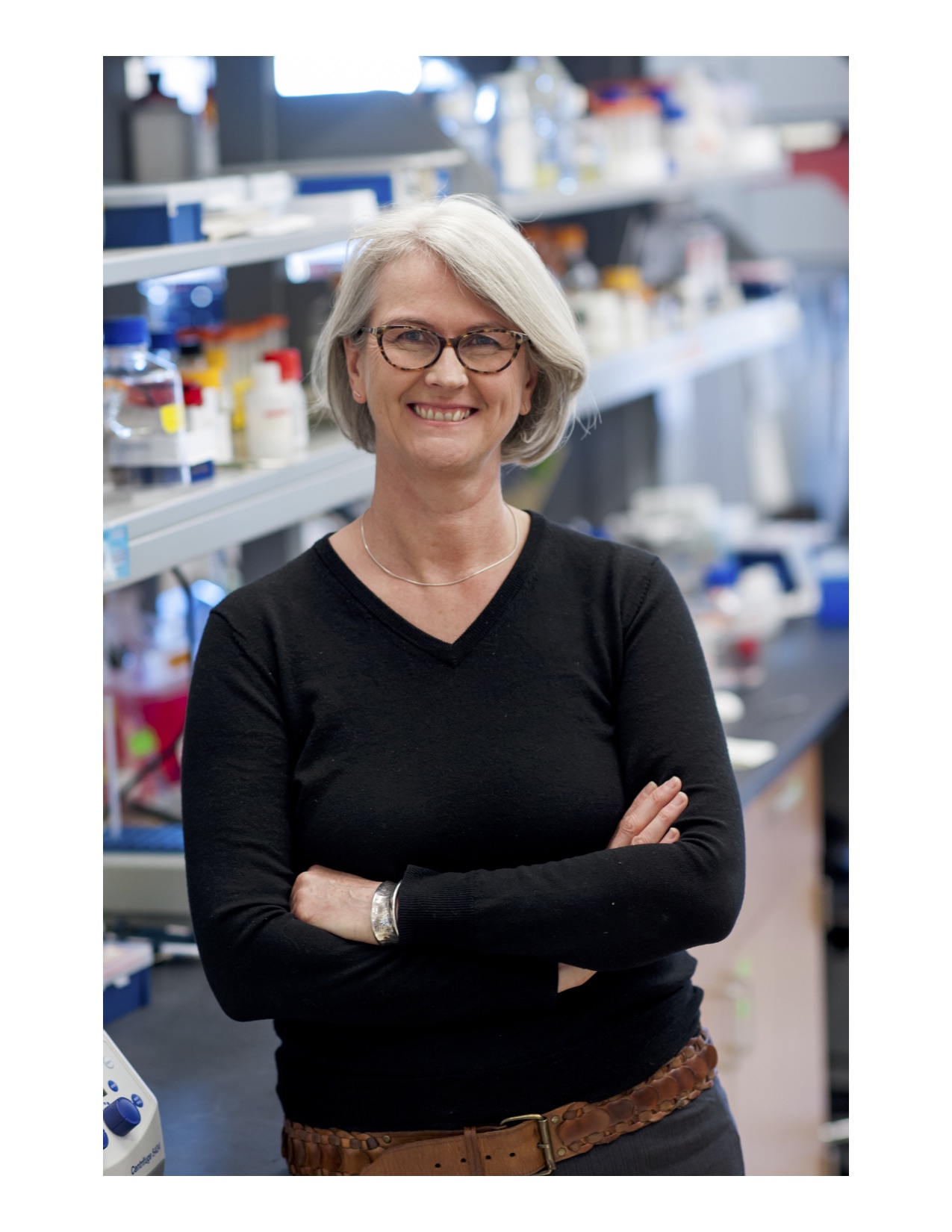Event Details:

RNA and DNA binding proteins control the composition of calcium channels in nociceptors in normal and neuropathic pain states

Diane Lipscombe, PhD
Professor of Neuroscience
Director of the Robert J. and Nancy D. Carney Institute for Brain Science
Thomas J. Watson, Sr. Professor of Science
Brown University
Host: John Huguenard
Abstract
The majority of multi-exon genes are subject to alternative splicing, whereby each gene has the capacity to generate multiple mRNA and protein isoforms depending on cell state. Cell-specific alternative splicing regulates numerous essential cell functions and aberrant splicing is implicated in disease. Voltage-gated CaV2.2 calcium (CaV) channels are subject to extensive alternative splicing. In sensory neurons, these channels control transmission of noxious stimuli at nociceptor terminals in dorsal horn spinal cord. They are major targets of many drugs including morphine, as well as neurotransmitters that activate G-protein coupled receptors to down regulate nociception. Cell-specific alternative splicing in nociceptors regulates CaV2.2 density, sensitive to G protein coupled receptors, trafficking and is disrupted following nerve injury. We now describe the cell-specific mechanisms that regulate the expression and composition of CaV2.2 channel splice isoforms. The coordinated actions of RNA as well as DNA binding proteins generate a family of alternative splice isoforms of CaV2.2 mRNAs in a subset of nociceptors. Splicing is disrupted following peripheral nerve injury potentially contributing to disease pathology.
Curriculum Vitae
Related papers
[1] Summer E. Allen, Cecilia P. Toro, Arturo Andrade, Eduardo J. López-Soto, Sylvia Denome and Diane Lipscombe. Cell-Specific RNA Binding Protein Rbfox2 Regulates CaV2.2 mRNA Exon Composition and CaV2.2 Current Size. eNeuro 29 September 2017, 4 (5) ENEURO.0332-16.2017; DOI: https://doi.org/10.1523/ENEURO.0332-16.2017
[2] Andrade A1, Denome S, Jiang YQ, Marangoudakis S, Lipscombe D. Opioid inhibition of N-type Ca2+ channels and spinal analgesia couple to alternative splicing. Nat Neurosci. 2010 Oct;13(10):1249-56. doi: 10.1038/nn.2643. Epub 2010 Sep 19. DOI: 10.1038/nn.2643